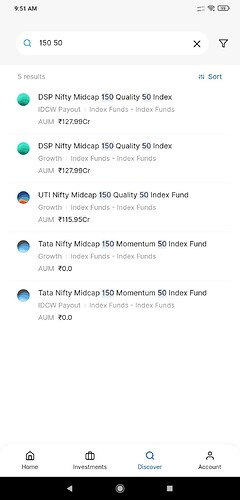Just reading Tao of Charlie Munger…Awesome book…
What striked me more is the realisation that we generally think that staying invested for long time in stocks, is what is Patience. Which is considered holy grail of investing. But there is another aspect of Patience, which is to hold on to cash patiently and wait for right market opportunity to buy stocks at good valuations.
Most fund managers and PMS ppl are driven by quarterly performance of funds and PMS so they just cant hold cash as their overall return performance will suffer.
But we , retail investors have this great superpower, we can hold cash for a long time. And whats more fascinating is , a normal Bank FD will give us atleast 6.5%, so its not that cash is not earning anything.
The only problem is that we are patient enough to hold stocks for long term but not patient to hold cash for long term.
We get our funds through our profession , job or business, mostly frequency is monthly…so we are brainwashed into being always fully invested or doing SIP.
Applying this realisation to my portfolio above, i started accumulating Divis lab when its PE was around 55 to 60, while currently its trading at 10 years average PE of 30…There has been no much change or deterioration in business profile of Divis, may be a slight reduction in gross margin in last quarter, but not something which warrants 30% price erosion. My buying price is around 4475. So if i could resist myself when it was at high PE of 55, and may be entered now, at very attractive valuations, things would have been better. Now the obvious question is, how would i be sure that, it will come to PE of 30?
Well there is a tendency of all stocks and overall market, to come to attractive valuations atleast once in 3-4years…What we need is patience to hold on to cash.
Same is about Berger paints, Muthoot finance who are at their 10 year median PE and these are good companies, with their business economics intact.




